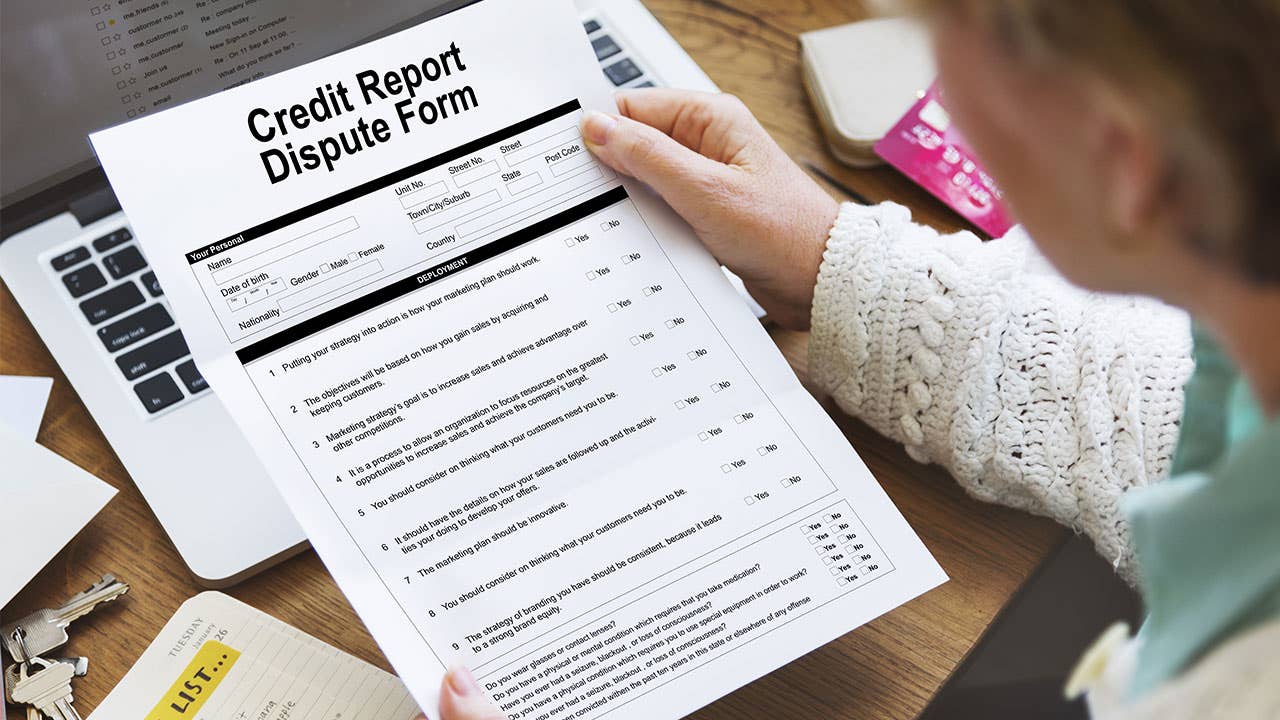Send dispute letter to contest erroneous credit report


If one or more of your credit reports contains inaccurate information, you have the right to dispute it.
Errors in credit reports often are due to the inclusion of information about the wrong person, or because the report is incomplete. This could be due to clerical mistakes, an applicant giving a lender an inaccurate Social Security number, or because loan payments were applied to the wrong account.
Sometimes consumers are informed about negative information in their credit reports after applying for credit or a job.
Take advantage of free credit reports
The federal Fair Credit Reporting Act requires each of the three main credit-reporting agencies — Equifax, Experian and TransUnion — to provide consumers with one free credit report per year. Additionally, consumers are entitled to a free credit report when denied credit, employment or insurance because of information in that report.
Consumers who learn of wrong information in their credit report should dispute the inaccuracy with the creditor. Many creditors specify an address for disputes. You will need to submit a credit dispute letter.
If you choose to submit your dispute to the credit-reporting agency, as well, you will need to send the credit dispute letter via mail. Be sure to provide the creditor and the credit-reporting agency with the same information and supplementary documents.
Make sure dispute letter has all the elements
In your correspondence, be sure to provide:
- Your full name and address.
- The specific information you are disputing.
- The reason you are disputing this information.
- Copies of supporting documents, such as payment statements or processed checks.
- A request that the information be deleted or corrected.
Although it’s not required, you may want to include a copy of your credit report with the disputed items circled. Making the letter and accompanying documentation as clear as possible helps ensure the record is accurately updated.
Send the letters via certified mail, return receipt requested, so you have documentation that the credit-reporting agency and the creditor received a copy of your dispute. Keep a copy of your letter and all other documents pertaining to the dispute.
Responses should be timely
The credit-reporting agencies will usually address and respond to your dispute within 30 days of receipt. Credit-reporting agencies are required by law to correct or delete inaccurate information.
If you disagree with the outcome of the credit-reporting agency’s investigation, ask the agency to include a statement in future reports that you dispute the information. As a last resort, consider hiring an attorney.
Use Bankrate’s calculator to help you determine how much the monthly payments on your loan will be.
Why we ask for feedback Your feedback helps us improve our content and services. It takes less than a minute to complete.
Your responses are anonymous and will only be used for improving our website.




